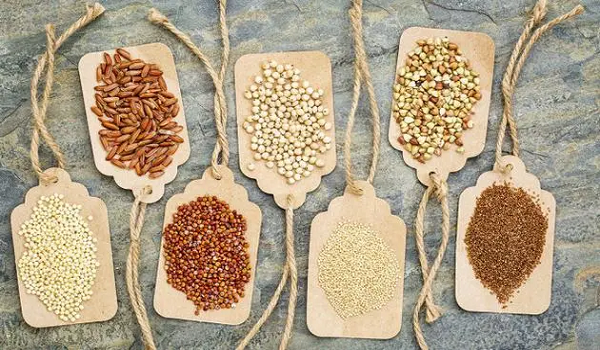In an effort to bolster food security, the Indian government is focusing on integrating scalable interventions into its existing programs while promoting local crop varieties, including millets and indigenous rice strains. Agriculture Secretary Devesh Chaturvedi outlined these priorities during a review of the United Nations World Food Programmes (WFP) 2023-2027 Country Strategic Plan (CSP) for India.
Speaking at the first meeting of the Country Programme Advisory Committee (CPAC) under the new CSP, Chaturvedi urged officials to identify effective, scalable initiatives and incorporate them into the ongoing programs across various ministries. The secretary emphasized the need for a more focused approach to food security and recommended organizing a workshop to discuss agriculture sector initiatives in greater detail.
Chaturvedi also highlighted the importance of promoting nutritious local crops, such as millets and fortified cereals, signalling a shift towards supporting indigenous agricultural varieties. In line with this, he suggested engaging Farmer Producer Organizations (FPOs) to ensure the successful implementation of these initiatives.
“As we assess the nutritional outcomes of our programs, it’s crucial that we also align with the nutritional standards relevant to the Indian population,” Chaturvedi added, stressing the importance of tailoring food security measures to the country’s specific needs.
The advisory committee, which includes joint secretaries from various ministries and representatives from NITI Aayog, is responsible for coordinating and reviewing progress on the key goals outlined in the WFP’s strategic plan. These objectives include enhancing food-based social protection systems, promoting diverse and nutritious diets, empowering women, and building climate-resilient food systems.
WFP Country Director Elizabeth Faure provided an update on several ongoing initiatives aimed at improving food security for smallholder farmers in Assam, Odisha, Tamil Nadu, and Andhra Pradesh. A nationwide push to promote millets as a mainstream crop was also highlighted.
The meeting saw participation from a wide range of ministries, including Food & Public Distribution, Women and Child Development, and Rural Development, as well as organizations like the National Disaster Management Authority and the India Meteorological Department.
With a population of 1.4 billion, India faces significant challenges in ensuring food security for its citizens. By promoting scalable food security measures and supporting local crop varieties, the government aims to build a more resilient and sustainable food system for the future.


